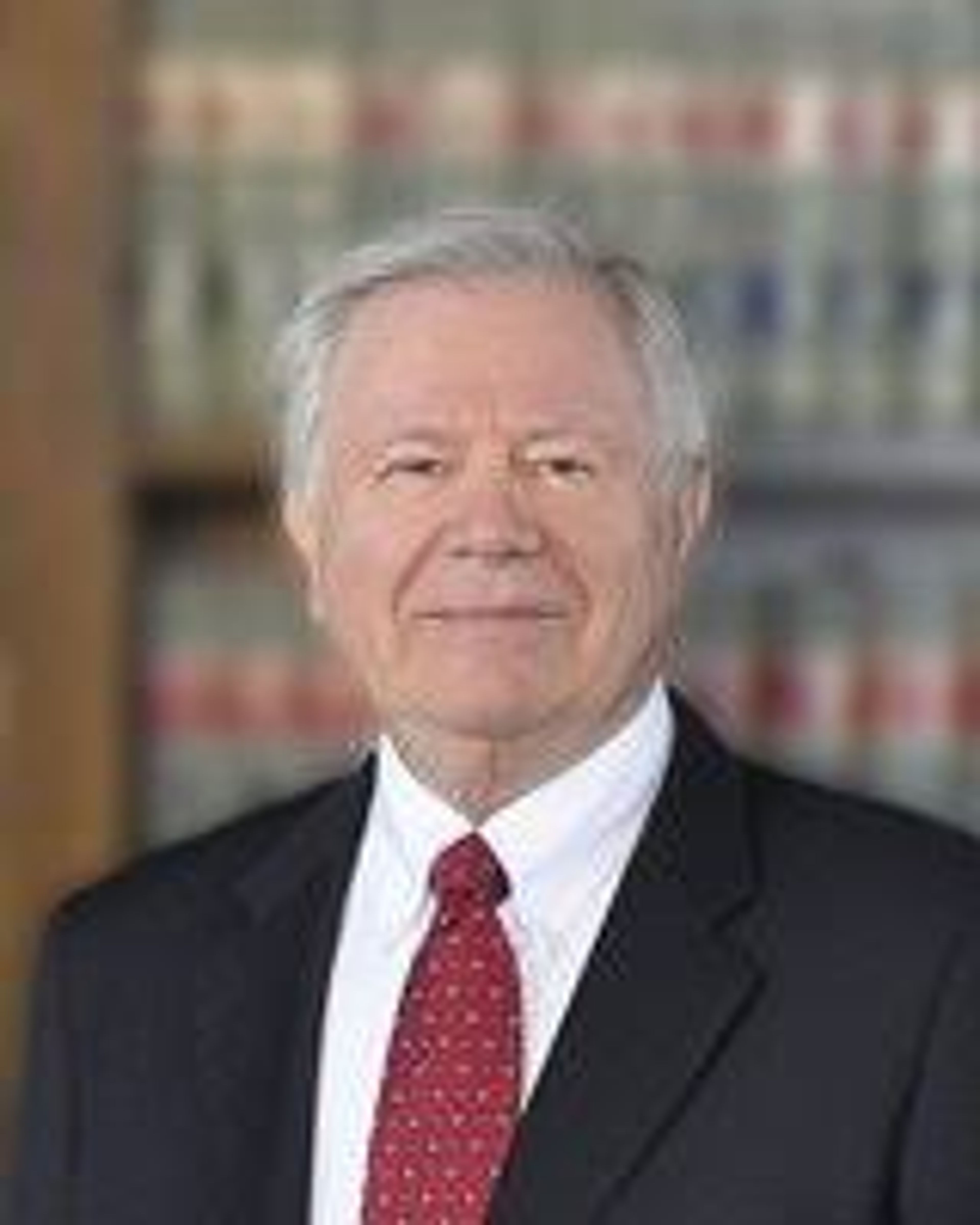OPINION: On the ballot: How gullible is the Idaho voter?
Editorial: The Tribune’s Opinion
Gullibility — yours, in fact — is on Idaho’s Nov. 5 election ballot.
Technically, it goes by the title House Joint Resolution 5 — a proposed amendment to Idaho’s constitution that would outlaw noncitizen voting.
The GOP legislative majority that placed HJR 5 on the ballot is betting you won’t know that the state constitution already limits voting to “every male or female citizen of the United States, eighteen years old, who has resided in this state, and in the county where he or she offers to vote for the period of time provided by law, if registered as provided by law. ... ”
It’s also betting you have no idea how many safeguards are already in place.
For one thing, Idaho election officials can verify citizenship by running driver’s license or state-issued identification through databases maintained by the Social Security Administration, the Department of Homeland Security and the Idaho Transportation Department.
For another, the penalties are severe. A noncitizen who attempts to vote has committed perjury. That means fines and possible imprisonment. For the undocumented immigrant who seeks to avoid drawing attention to himself, it’s a straight ticket to deportation. And the immigrant — legal or not — who engages in such deception could forfeit the right to ever become a U.S. citizen.
In other words, it’s extremely rare. When it does happen, it’s frequently because an immigrant was incorrectly told he could vote.
For instance:
When the Brennan Center for Justice surveyed 42 U.S. communities with large immigrant populations, it identified 30 cases of noncitizen voting — among 23.5 million votes cast.
In Georgia, Secretary of State Brad Raffensperger found that during 25 years, no more than 1,700 noncitizens attempted to register — and none were able to vote.
The Washington Post debunked a Heritage Foundation study, finding 85 cases of noncitizen voting during the years between 2002 and 2023.
Analyzing the same Heritage Foundation data, the pro-immigrant American Immigration Council found 10 cases of undocumented immigrants voting since the 1980s.
In Idaho, Secretary of State Phil McGrane’s office located 36 noncitizens who registered to vote — out of 1 million registered voters. It’s not clear how many of those three dozen people actually voted. What it does show is that Idaho’s checks and balances work.
You might hear that some municipalities across the country — Washington, D.C., as well as cities in California, Maryland and Vermont — permit noncitizens to participate in local elections.
But Idaho is far from a home rule entity. Every city and county is an extension of the state and answers to a Legislature that will preempt any attempt to permit noncitizen voting.
What HJR 5 will do is waste money on ballot preparation, publication of a voter pamphlet and formal public notices.
It also joins a campaign among like-minded states — Iowa, Kentucky, Missouri, North Carolina, Oklahoma, South Carolina and Wisconsin — that attempts to validate “the big lie,” that hordes of noncitizens voting in 2016 denied Donald Trump a victory in the popular vote and helped defeat him for reelection four years later.
Pandering to Trump and the MAGA base is one thing. But it may not end by cluttering up Idaho’s constitution with redundant language. The drive may morph from efforts to verify the status of voters to one of outright suppressing the votes of American citizens.
Congressional Republicans are promoting a plan to require voters to prove their citizenship with birth certificates, passports, naturalization or citizenship certificates. If that happens, about one in every 10 American voters — 21.3 million people — would have trouble coming up with the documents, according to a survey sponsored by VoteRiders, the Brennan Center and the University of Maryland’s Center for Democracy.
It would work a particular hardship for older Americans, some of whom were not born in hospitals and may not have easy access to a birth certificate.
People of color would be affected three times more than white people.
Such a requirement would impede four times as many independent voters — and twice as many Democrats — as Republicans.
Throw in the sloppy language of HJR 5.
Rep. Ilana Rubel, D-Boise, put her Harvard law degree to work and noticed this phrase: “No person who is not a citizen of the United States shall be a qualified elector in any election held within the state of Idaho.”
There are plenty of private elections — college student body contests, homeowner associations, labor unions, corporate stock owner decisions and nonprofits — that would be off limits to immigrants.
Nobody listened to her during the legislative session. And when it came time to craft the pro and con arguments on the voter pamphlets, the GOP majority on the legislative council froze Rubel out.
In the cynical culture that dominates Idaho’s politics, nobody expects the voter to dig into the details — or much less care if they do.
But when you consider all the things the GOP-led Idaho Legislature can’t or won’t do — restoring the purchasing power of the Homestead Exemption, passing along federal food assistance to impoverished children or catching up with the rest of the country when it comes to early childhood education — doesn’t it seem odd that it has time for this nonsense? — M.T.









